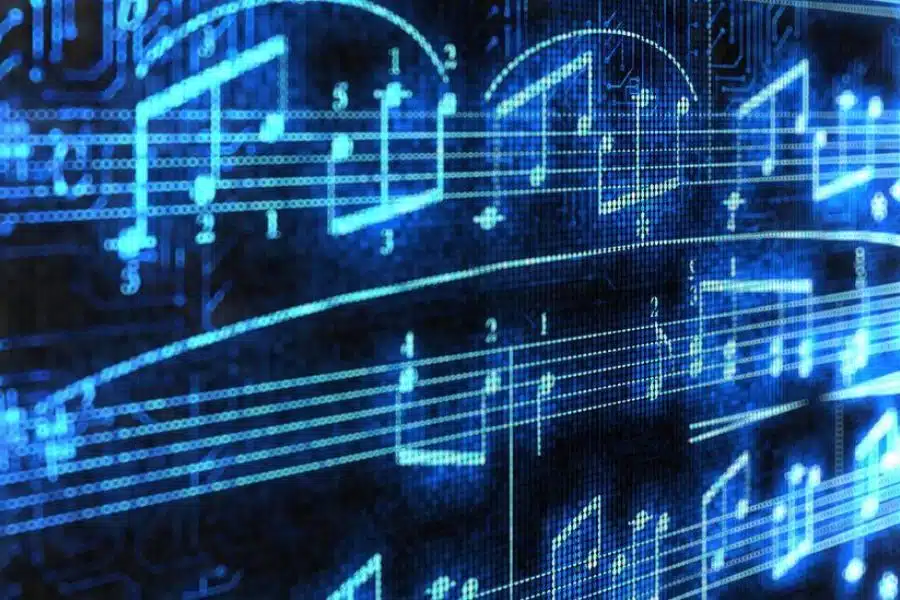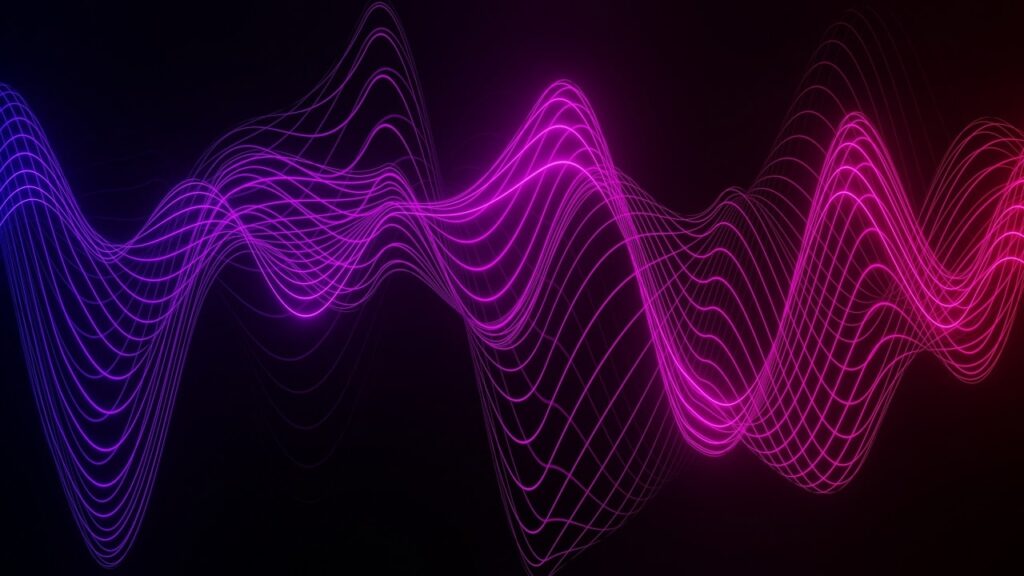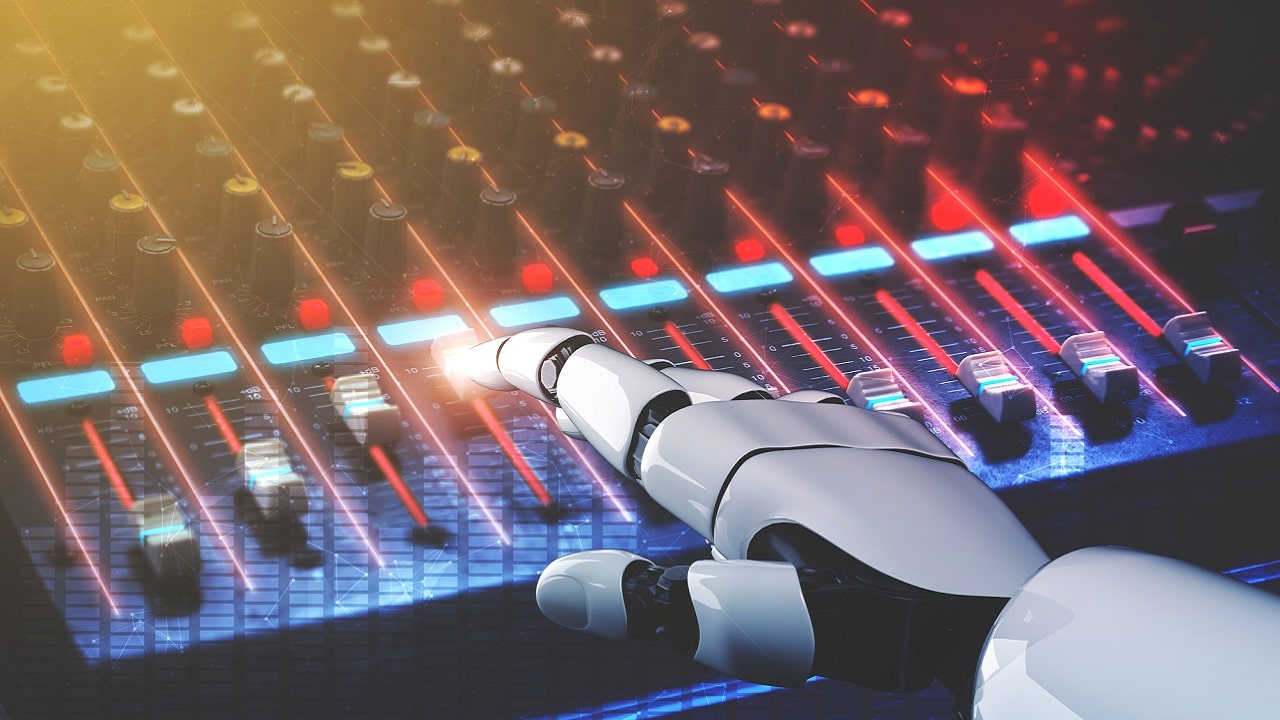Metathe company behind platforms like Facebook and Instagram, has merged music and artificial intelligence with the release of AudioCrafta new open source code that allows users to create music and sound entirely through generative AI.
AudioCraft, Meta’s generative AI to generate music from text
Meta explains that AudioCraft is made up of three AI modelseach specializing in different areas of sound generation. MusicGen, for example, accepts text input to generate music. To train this model, Meta used a staggering “20,000 hours of music owned by Meta or specifically licensed for this purpose.” With MusicGen, users can create music tracks in an innovative and creative way.
another model, AudioGen, allows you to create realistic sounds from simple written instructions, simulating, for example, the bark of a dog or the sound of footsteps. Meta trained this model using public sound effects, empowering users to experiment with creating sounds of different environments and situations.
In addition, Meta has introduced a improved version of the EnCodec decoder, che allows users to create sounds with fewer artifacts. Manipulating audio too much can lead to unwanted distortion, but thanks to this new feature, users can achieve more natural and convincing sounds.
Music and artificial intelligence

The American media had the opportunity to listen to some audio samples made with AudioCraft. Emilia David of The Verge reports that the noises generated, such as whistles, sirens and buzzes, sounded surprisingly natural. However, some parts, such as the guitar strings in some songs, still had a touch of the artificial.
This is not the first time that artificial intelligence combines with music. Google created MusicLM, a language model that generates minute sounds based on text messages, but it’s only accessible to researchers. There have also been viral examples of “AI-generated” songs featuring similar voices to celebrities like Drake and The Weeknd.
While musicians have been experimenting with electronic audio for years, genres like EDM and festivals like Ultra, AudioCraft and other AI solutions are breaking new ground. Generative music powered by AI offers opportunities for exploration and innovation, paving the way for new forms of artistic and creative expression. It’s not just about manipulating audio, it’s about creating completely from scratch, opening a new chapter in the history of music.
Meta AudioCraft and the future of AI-generated music
Right now, AudioCraft seems to be a good fit for the atmospheric music creation, as stock pieces or to create settings rather than become a new big pop hit. Still, Meta thinks her new model could break new ground in the music world, just like synthesizers revolutionized the industry once they became popular.

Meta has stated that he thinks that MusicGen can become an innovative tool, just like synthesizers when they first appeared. But compared to creating text (like Meta’s Llama 2 or OpenAI’s GPT does), creating it is much more complicated, according to the researchers.
To improve the model, Meta has released AudioCraft as open source, allowing for greater diversity in the data used for training. The company acknowledges that current datasets are limited and reflect a prevalence of Western-style music, with lyrics and metadata written in English. By sharing the code with the research community, Meta hopes that other researchers can help develop new approaches to reduce or eliminate any biases and abuses of generative models.
Record labels and artists have expressed concern about potential AI-related issues, fearing that models may use copyrighted material for training. But before even asking this doubt, we need to ask ourselves: will AI be able to create not only ambient songs and background music for videos, but also songs that make us sing, dance, move? Meta is betting yes, but you have to understand what the public reaction will be once these tracks go from artificial intelligence to human ears.















Leave a Reply
View Comments